Our Story
Get InvolvedOur Mission
CLDH advocates for the enforcement of human rights for all, denounces human rights violations, strengthens individual and institutional capacity, fights impunity, and provides legal and rehabilitation services.
Our Vision
We envision a country free from human rights violations and discrimination.
Our Goals
Uphold and defend human rights by monitoring and preventing violations, protecting vulnerable communities, and providing holistic rehabilitation for victims of torture and gross human right violations.
Our Financials
Download our audit report
Download
Our Partnerships

AFD
Find out more
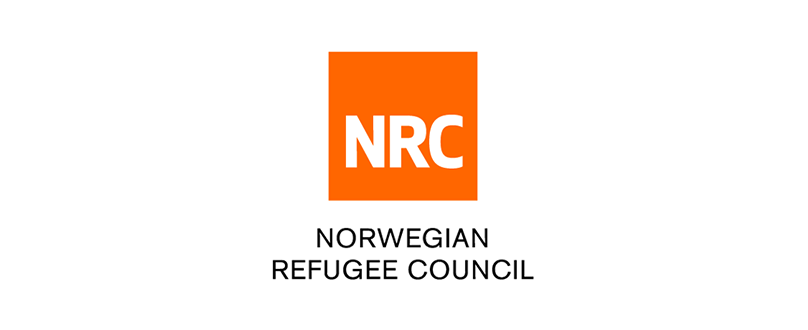
NRC
Find out more

Danida
Find out more
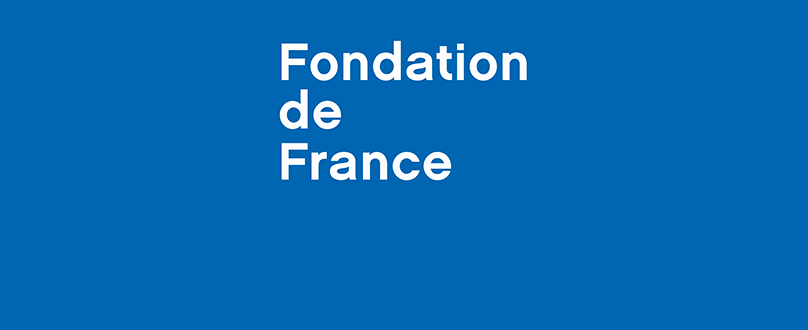
Fondation de France
Find out more
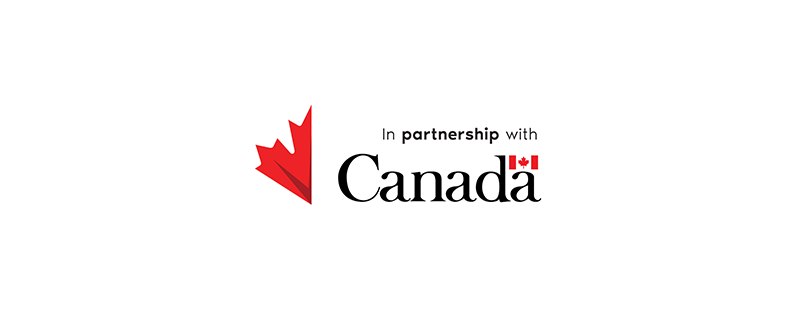
Global Affairs Canada
Find out more
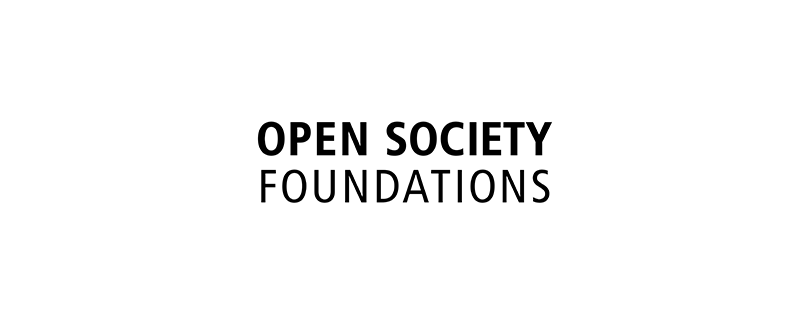
Open Society Foundations
Find out more
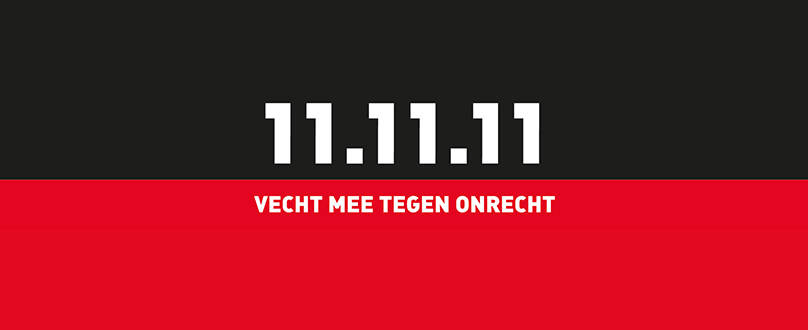
11.11.11
Find out more
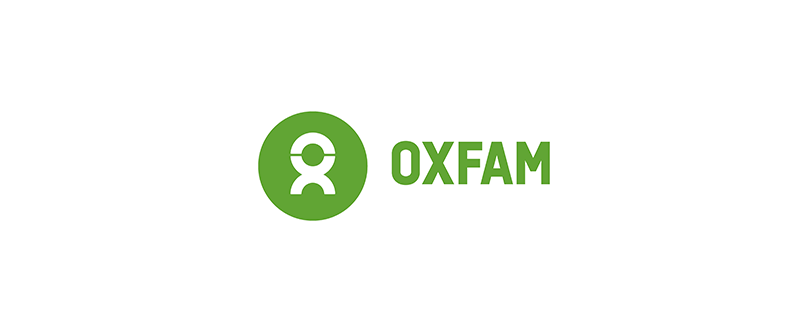
Oxfam
Find out more
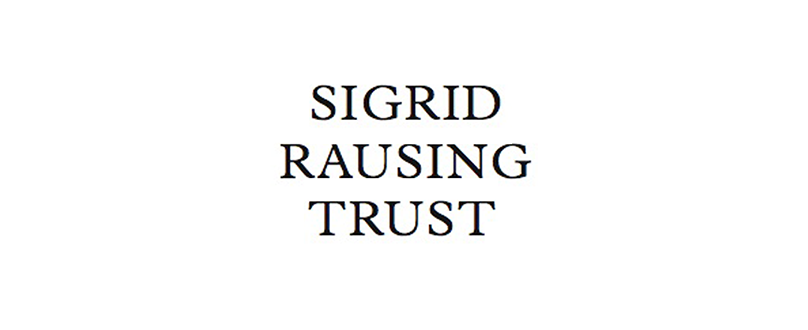
SRT
Find out more
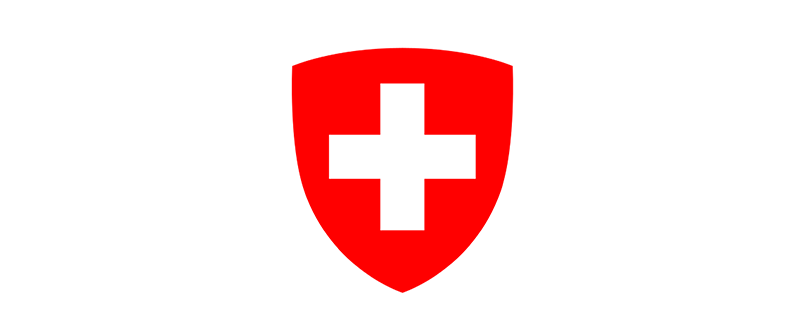
Swiss Confederation
Find out more
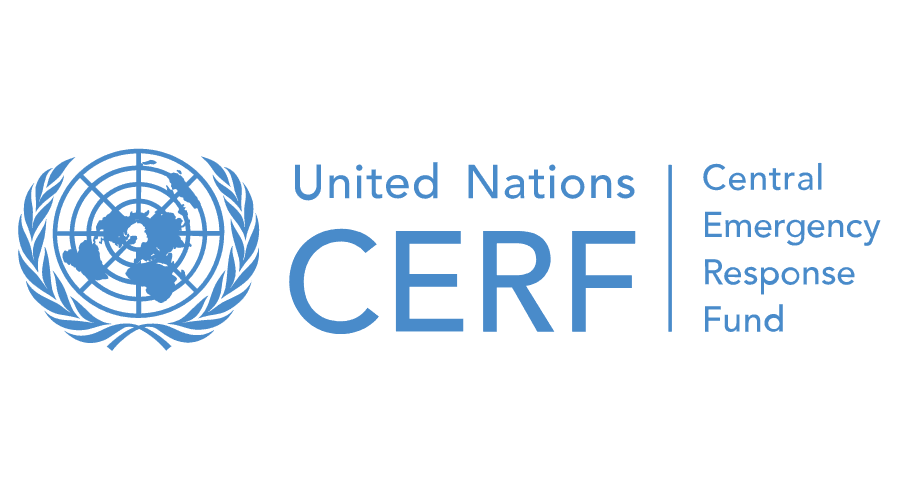
UNCERF
Find out more
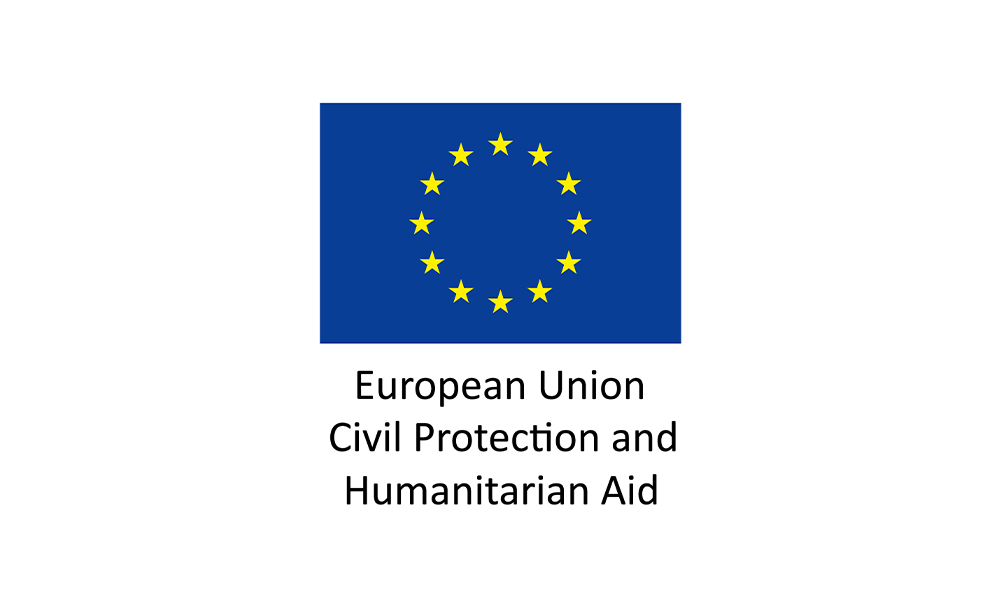
European Union Civil Protection and Humanitarian Aid
Find out more

Norwegian Embassy
Find out more

Ifa - Institut für Auslandsbeziehungen
Find out more
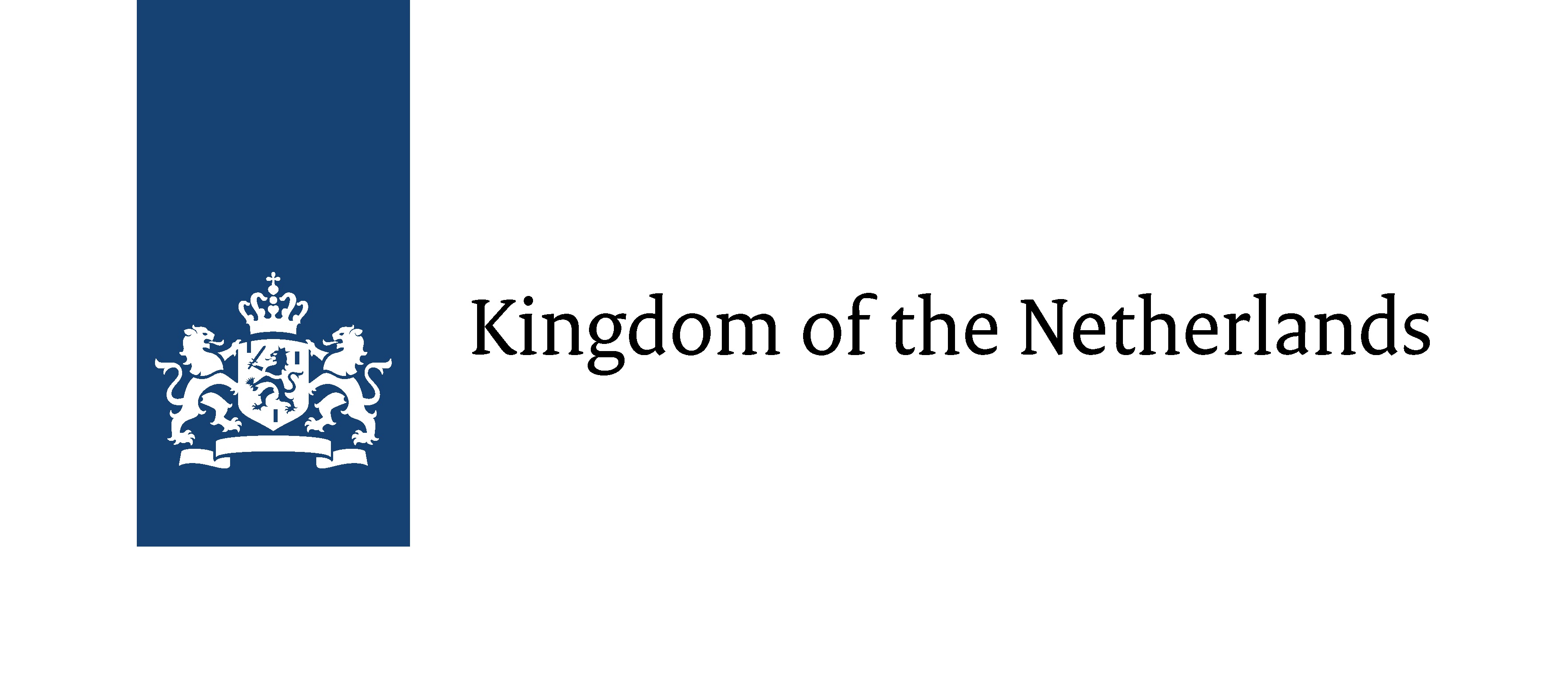
Embassy of the Kingdom of Netherlands
Find out more

UNDEF
Find out more
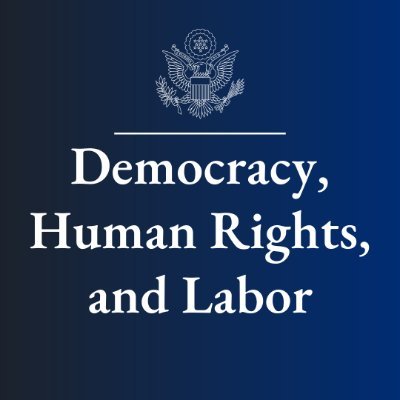
Democracy, Human Rights, and Labor
Find out more
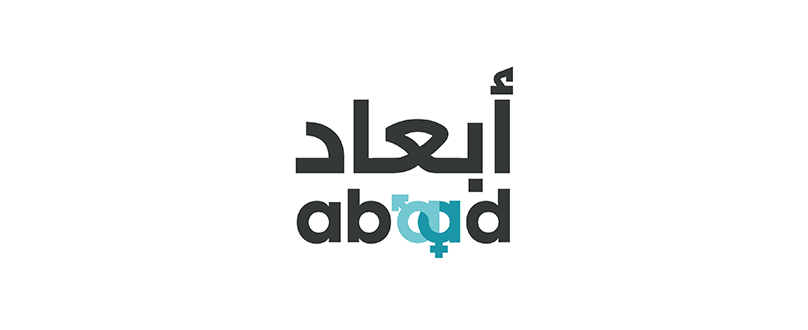
Abaad
Find out more
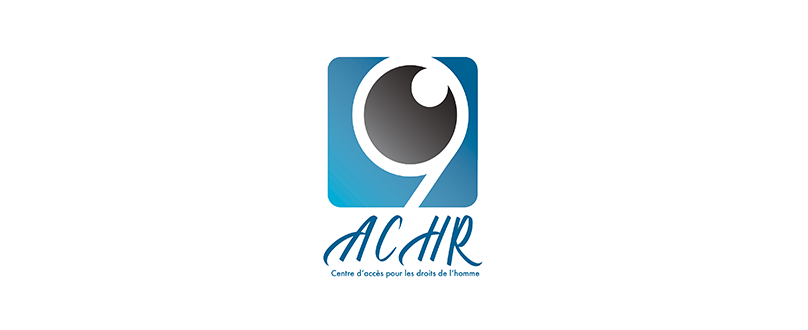
ACHR
Find out more
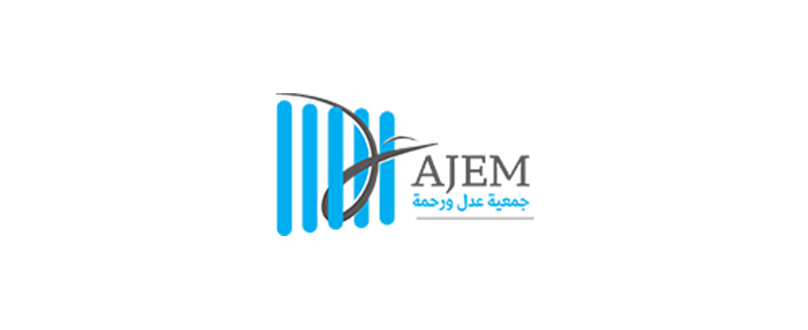
Ajem
Find out more
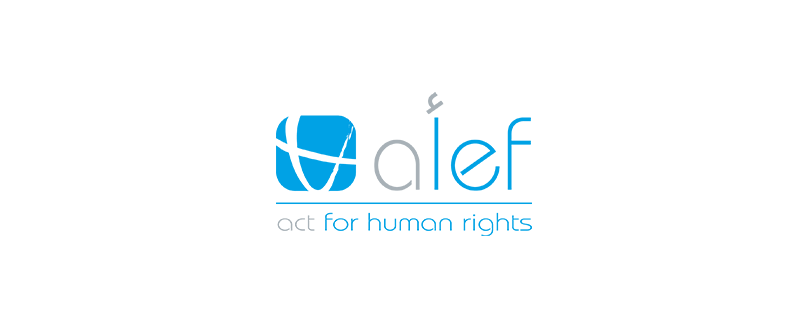
Alef
Find out more
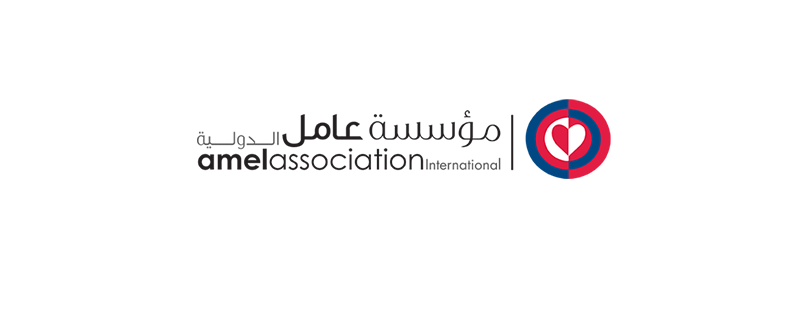
Amel association
Find out more
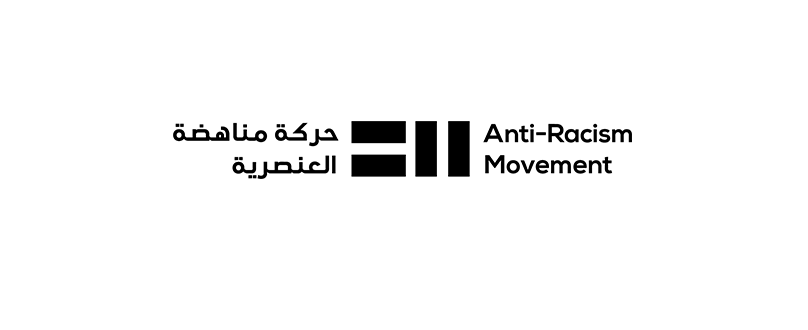
Anti racism movement
Find out more

Basmeh & zeitooneh
Find out more

Helem
Find out more
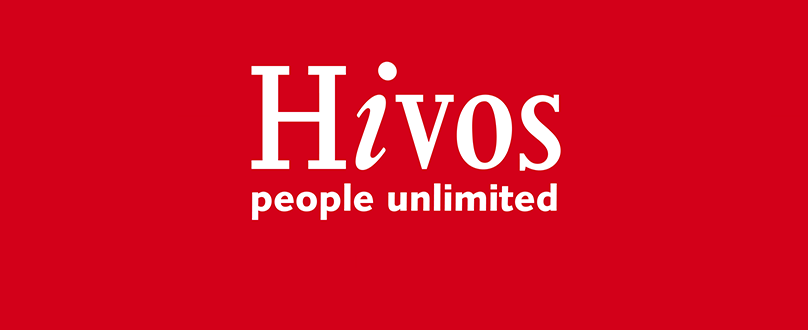
Hivos
Find out more

ICRC
Find out more
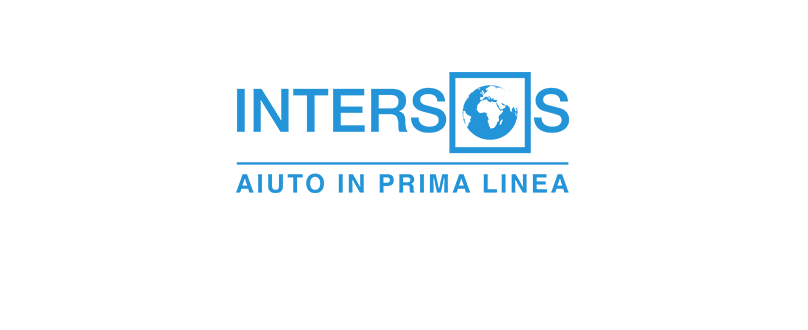
Intersos
Find out more
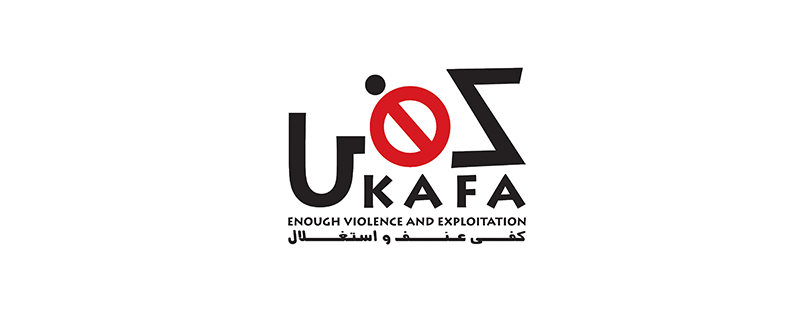
Kafa
Find out more
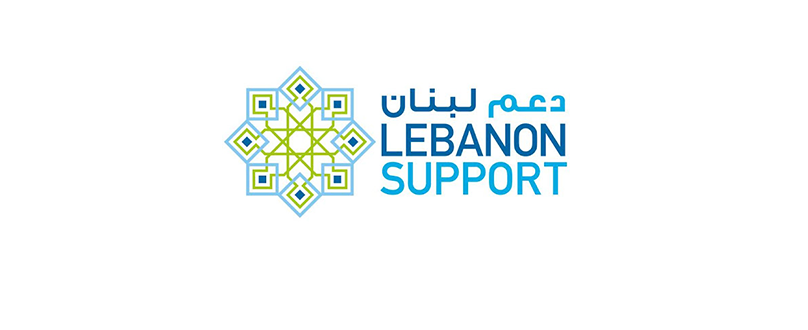
Lebanon support
Find out more
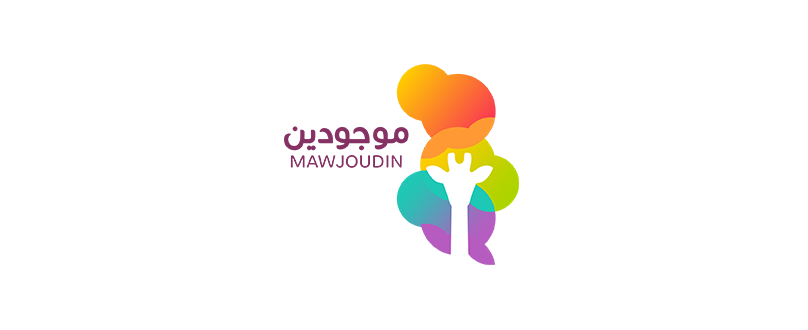
Mawjoudin
Find out more
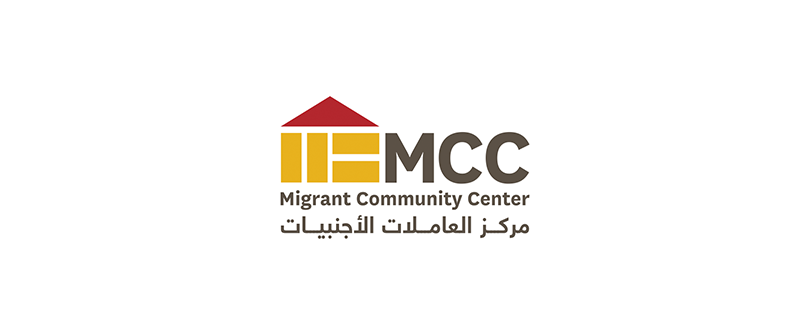
Migrant community center
Find out more
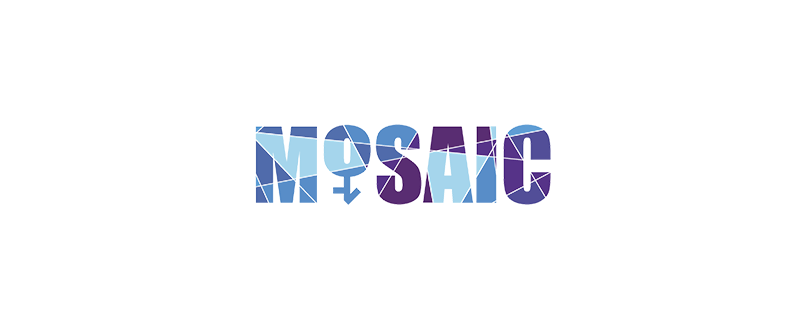
Mosaic
Find out more
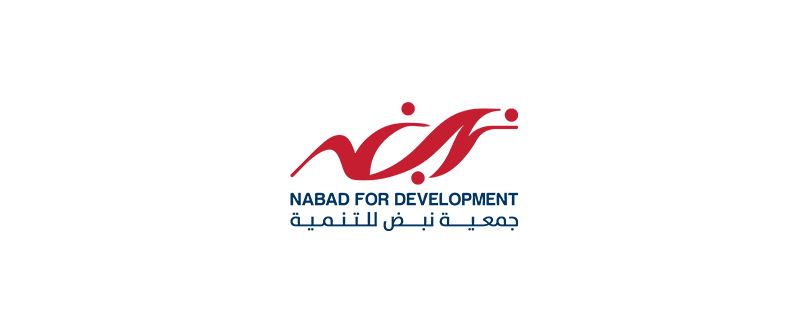
Nabad
Find out more
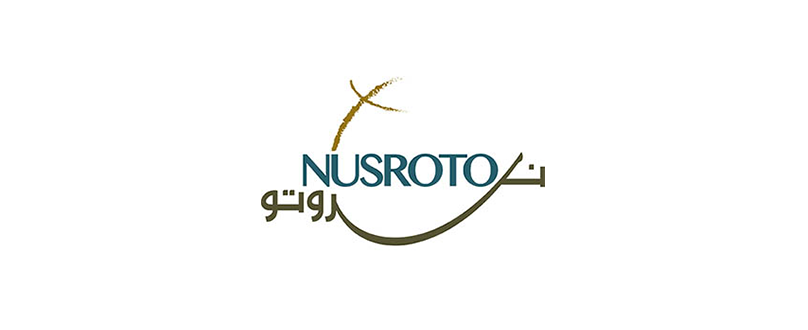
Nusroto
Find out more
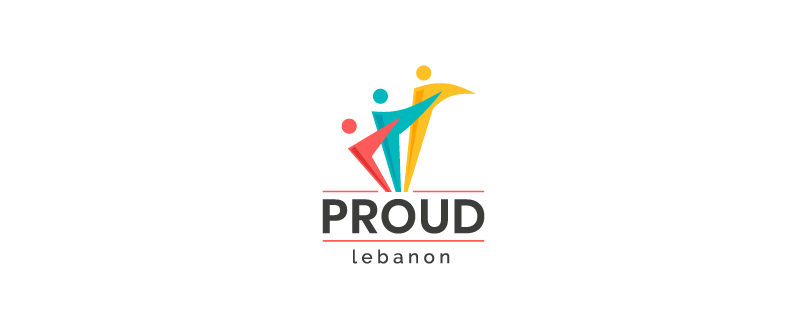
Proud lebanon
Find out more
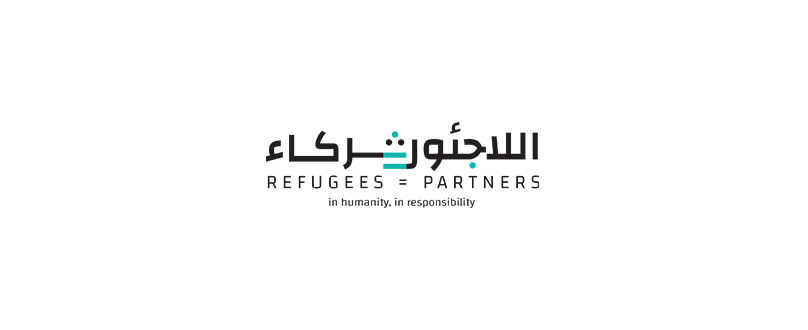
Refugees partners
Find out more
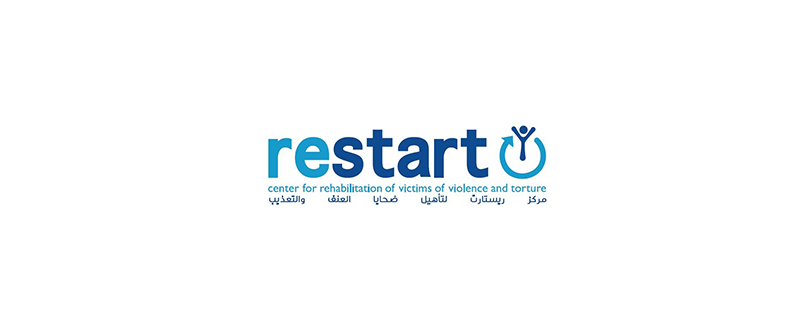
Restart
Find out more

Search for common ground
Find out more
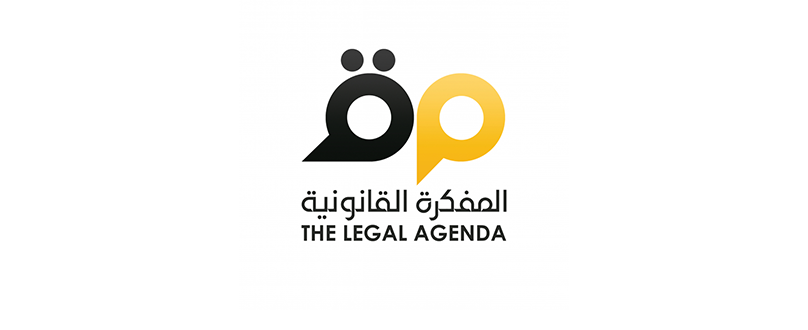
The legal agenda
Find out more
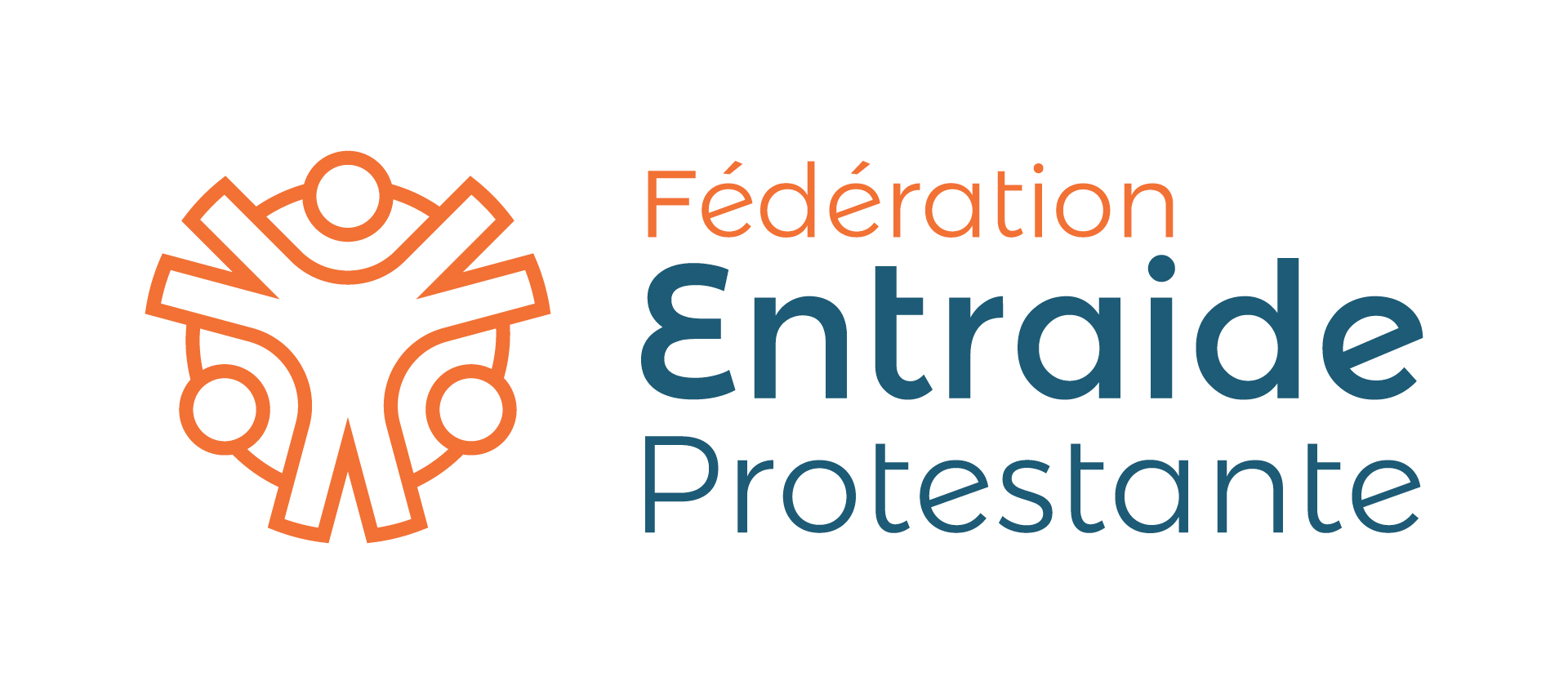
Fédération de L'Entraide Protestante
Find out more
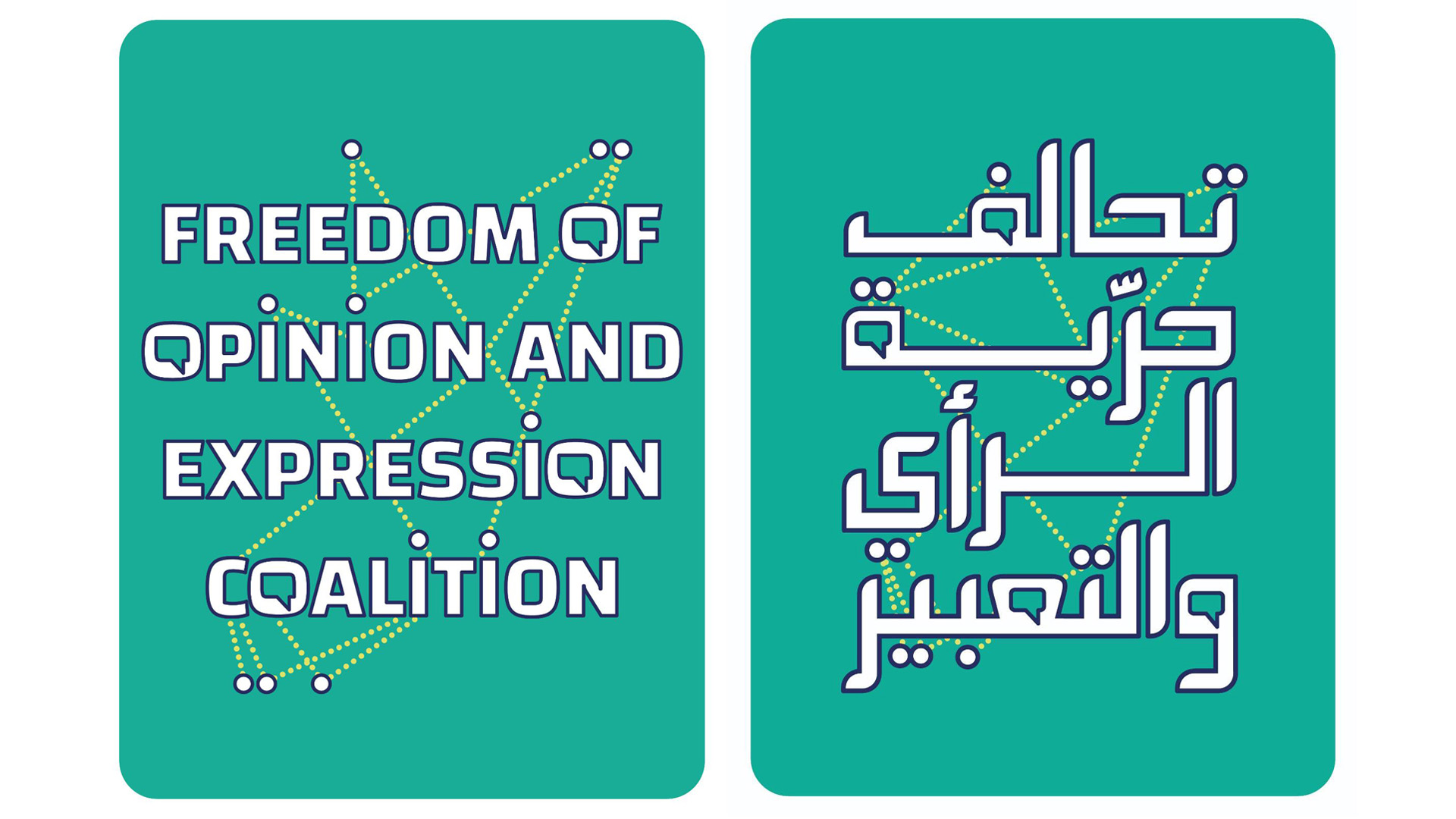
Freedom of Opinion and Expression Coalition in Lebanon
Find out more
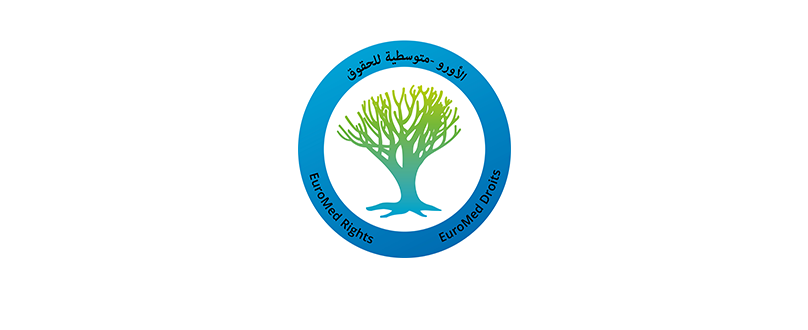
EuroMed Rights
Find out more
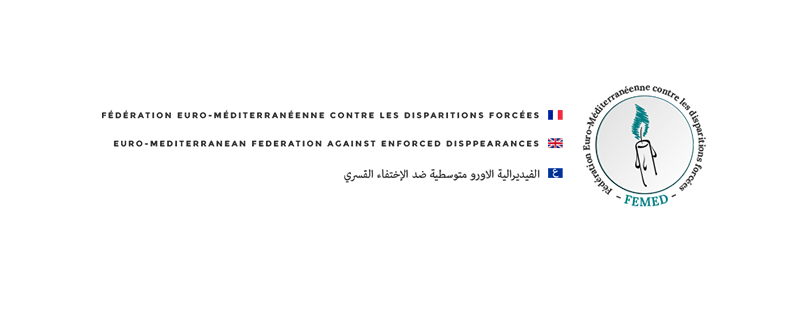
FEMED
Find out more

FIDH
Find out more
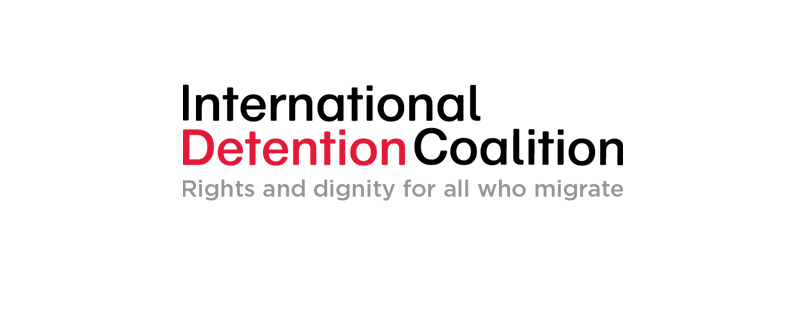
International Detention Coalition
Find out more
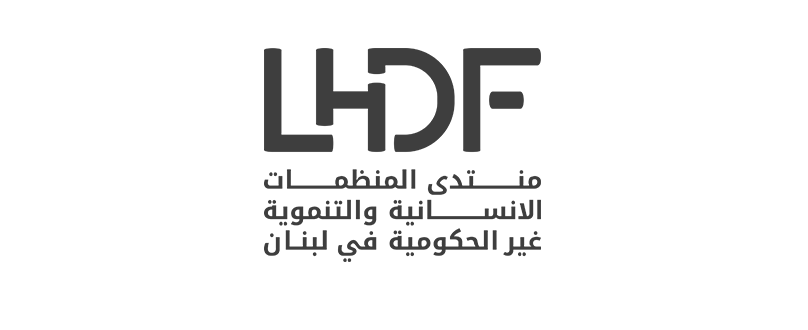
LHDF
Find out more
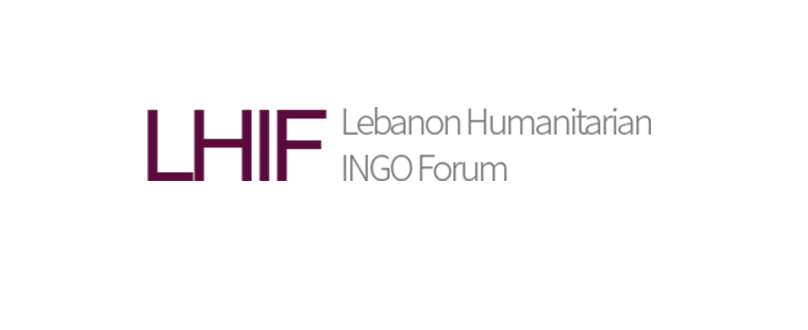
LHIF
Find out more
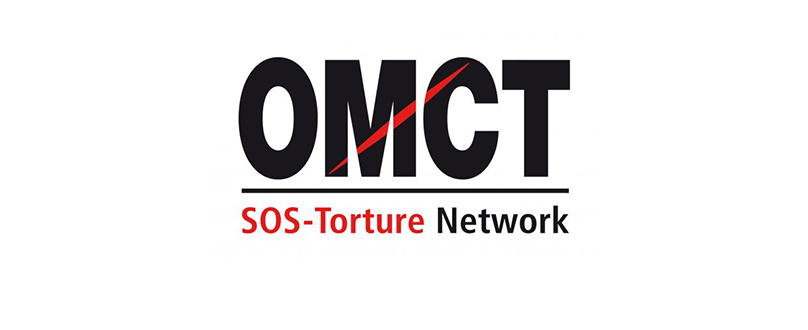
OMCT
Find out more
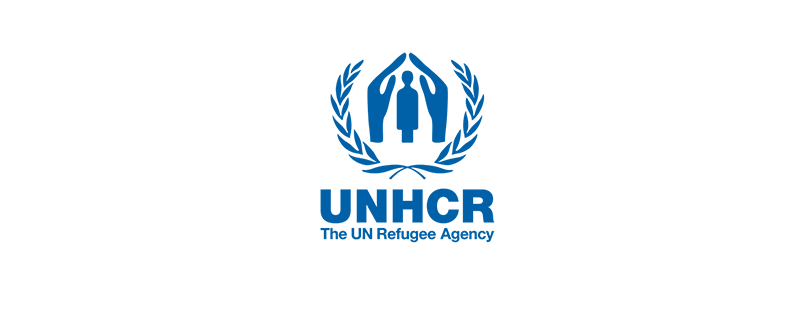
UNHCR
Find out more
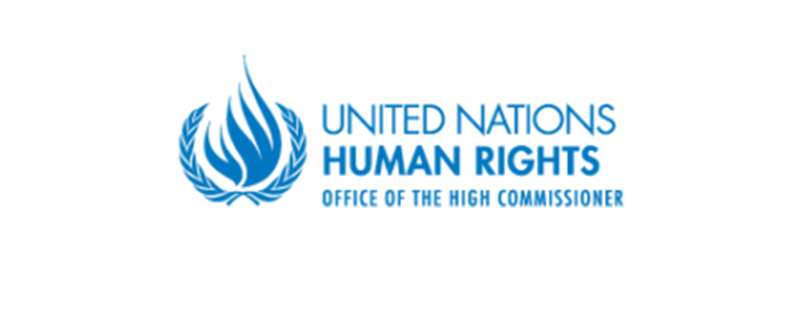
United Nations Human Rights
Find out more
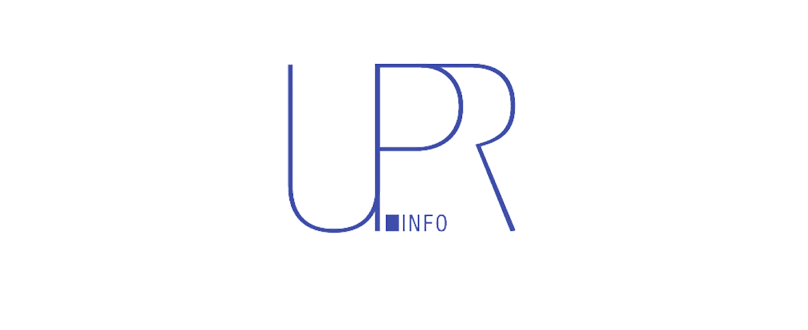
UPR
Find out more

